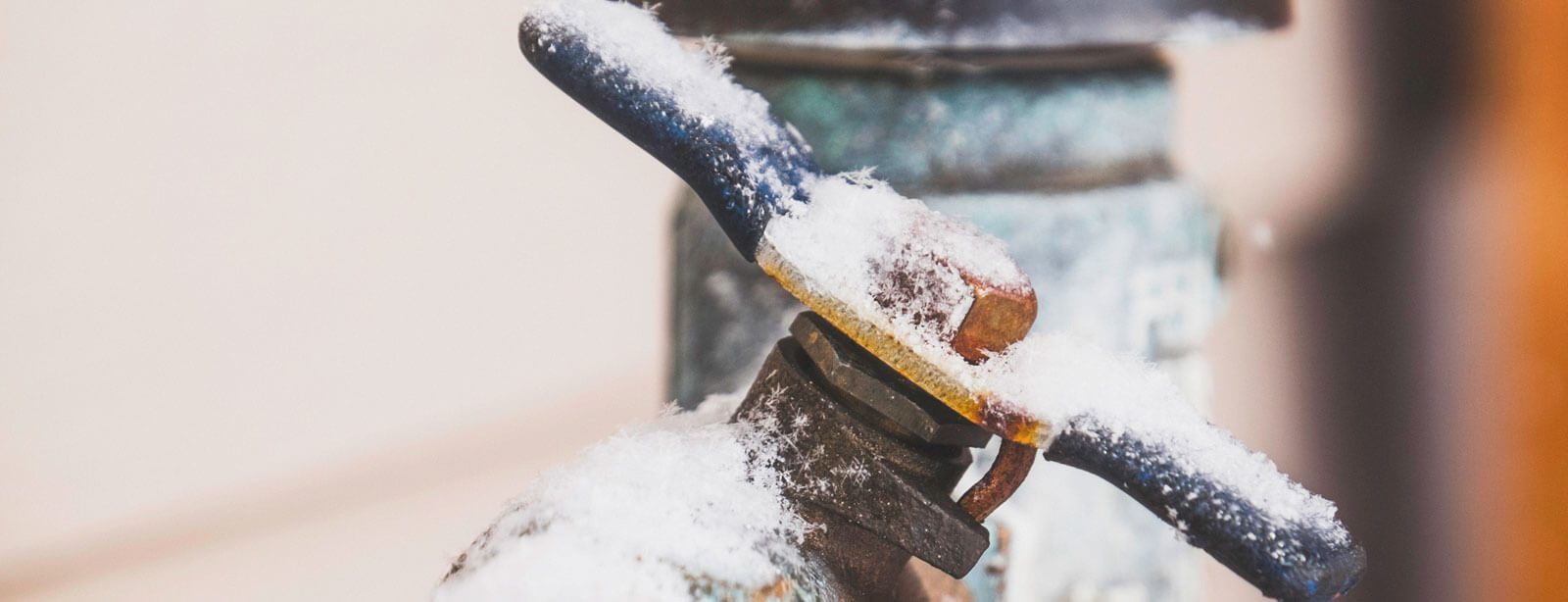Avoiding Pipes from Cold Weather: Effective Methods
Avoiding Pipes from Cold Weather: Effective Methods
Blog Article
How do you actually feel about How to Prevent Your Pipes From Freezing?

Winter can damage your plumbing, specifically by freezing pipes. Below's exactly how to stop it from occurring and what to do if it does.
Introduction
As temperature levels drop, the danger of icy pipes boosts, possibly resulting in pricey repairs and water damage. Comprehending just how to prevent frozen pipelines is critical for property owners in chilly environments.
Prevention Tips
Shielding at risk pipelines
Wrap pipes in insulation sleeves or use warm tape to secure them from freezing temperature levels. Concentrate on pipelines in unheated or outside locations of the home.
Heating methods
Keep interior spaces sufficiently heated up, particularly areas with plumbing. Open closet doors to permit cozy air to circulate around pipes under sinks.
How to recognize icy pipes
Look for lowered water flow from faucets, uncommon odors or noises from pipelines, and visible frost on exposed pipelines.
Long-Term Solutions
Structural changes
Take into consideration rerouting pipes far from exterior wall surfaces or unheated areas. Include additional insulation to attics, cellars, and crawl spaces.
Upgrading insulation
Buy high-grade insulation for pipes, attic rooms, and wall surfaces. Appropriate insulation assists keep constant temperatures and decreases the danger of frozen pipelines.
Protecting Outdoor Plumbing
Garden hoses and exterior faucets
Disconnect and drain pipes garden hose pipes prior to winter months. Install frost-proof spigots or cover outdoor taps with protected caps.
Understanding Icy Pipelines
What causes pipelines to freeze?
Pipelines freeze when revealed to temperatures listed below 32 ° F (0 ° C) for prolonged durations. As water inside the pipes ices up, it expands, taxing the pipeline walls and possibly creating them to rupture.
Threats and damages
Frozen pipelines can bring about water system disturbances, residential property damages, and expensive repair work. Ruptured pipelines can flooding homes and create extensive structural damages.
Signs of Frozen Pipes
Identifying icy pipelines early can stop them from rupturing.
What to Do If Your Pipelines Freeze
Immediate activities to take
If you presume icy pipes, keep faucets available to alleviate pressure as the ice thaws. Make use of a hairdryer or towels taken in warm water to thaw pipelines slowly.
Conclusion
Avoiding frozen pipes requires proactive steps and quick reactions. By understanding the causes, indicators, and preventive measures, home owners can secure their pipes during winter.
5 Ways to Prevent Frozen Pipes
Drain Outdoor Faucets and Disconnect Hoses
First, close the shut-off valve that controls the flow of water in the pipe to your outdoor faucet. Then, head outside to disconnect and drain your hose and open the outdoor faucet to allow the water to completely drain out of the line. Turn off the faucet when done. Finally, head back to the shut-off valve and drain the remaining water inside the pipe into a bucket or container. Additionally, if you have a home irrigation system, you should consider hiring an expert to clear the system of water each year.
Insulate Pipes
One of the best and most cost-effective methods for preventing frozen water pipes is to wrap your pipes with insulation. This is especially important for areas in your home that aren’t exposed to heat, such as an attic. We suggest using foam sleeves, which can typically be found at your local hardware store.
Keep Heat Running at 65
Your pipes are located inside your walls, and the temperature there is much colder than the rest of the house. To prevent your pipes from freezing, The Insurance Information Institute suggests that you keep your home heated to at least 65 degrees, even when traveling. You may want to invest in smart devices that can keep an eye on the temperature in your home while you’re away.
Leave Water Dripping
Moving water — even a small trickle — can prevent ice from forming inside your pipes. When freezing temps are imminent, start a drip of water from all faucets that serve exposed pipes. Leaving a few faucets running will also help relieve pressure inside the pipes and help prevent a rupture if the water inside freezes.
Open Cupboard Doors
Warm your kitchen and bathroom pipes by opening cupboards and vanities. You should also leave your interior doors ajar to help warm air circulate evenly throughout your home.

I came across that article on Preventing and dealing with frozen pipes when doing a search on the web. Do you know about someone else who is intrigued by the niche? Be sure promote it. We cherish your readership.
Visit Site Report this page